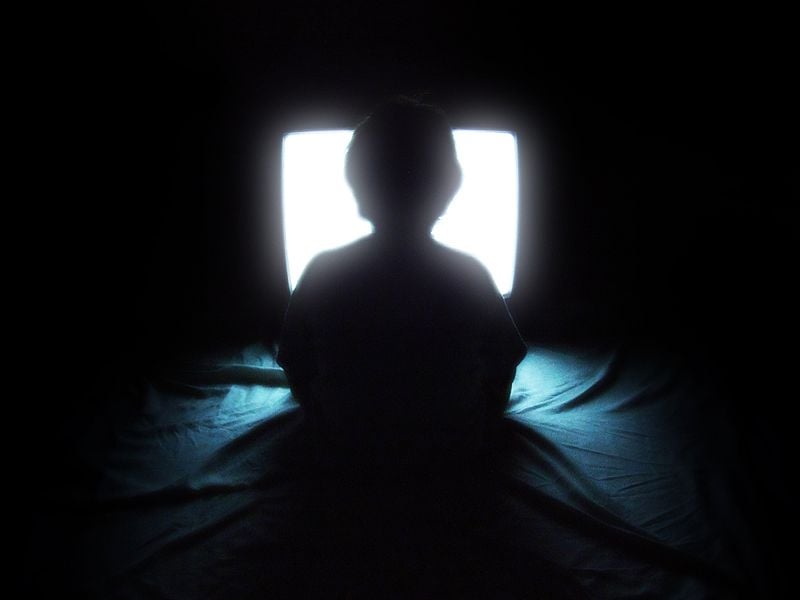Researchers find a small but consistent association between increased television viewing and shorter sleep duration in children aged between 6 months to 8 years.
A study following more than 1,800 children from ages 6 months to nearly 8 years found a small but consistent association between increased television viewing and shorter sleep duration. The presence of a television in the room where a child sleeps also was associated with less sleep, particularly in minority children. Investigators from MassGeneral Hospital for Children (MGHfC) and Harvard School of Public Health (HSPH) report their results – the first to examine the connection between television and sleep duration over several years – in the May issue of Pediatrics.
The study participants, children and their mothers, were enrolled in Project Viva, a long-term investigation of the health effects of several factors during pregnancy and after birth. This study analyzed information – reported by mothers when the children were around 6 months old and then annually for the next seven years – regarding how much time each day infants were in a room where a television was on, how much time older children watched television daily, whether children ages 4 to 7 slept in a room where a TV was present and their child’s average daily amount of sleep.

The study revealed that, over the course of the study, each additional hour of television viewing was associated with 7 fewer minutes of sleep daily, with the effects appearing to be stronger in boys than in girls. Racial and ethnic minority children were much more likely to sleep in a room where a television was present, and among those children, the presence of a bedroom television reduced average sleep around a half-hour per day.
The study authors note their results support previous short-term studies finding that both television viewing and sleeping in a room with a television decrease total sleep time, which can have negative effects on both mental and physical health.
Notes about this child psychology and sleep research
Elizabeth Cespedes, SM, of the HSPH Department of Nutrition is lead author of the Pediatrics report; and Elsie Taveras, MD, MPH, chief of General Pediatrics at MGHfC is senior author. Additional co-authors are Matthew Gillman, MD, SM, Ken Kleinman, ScD, and Sheryl Rifas-Shiman, MPH, Department of Population Medicine, Harvard Medical School; and Susan Redline, MD, MPH, Brigham and Women’s Hospital. Project Viva is supported by the National Institutes of Health and the Centers for Disease Control and Prevention.
Contact: Terri Ogan – Massachusetts General Hospital
Source: Massachusetts General Hospital press release
Image Source: The image is credited to Aaron Escobar and is licensed Creative Commons Attribution 2.0 Generic
Original Research: Abstract for “Television Viewing, Bedroom Television, and Sleep Duration From Infancy to Mid-Childhood” by Elizabeth M. Cespedes, Matthew W. Gillman, Ken Kleinman, Sheryl L. Rifas-Shiman, Susan Redline, and Elsie M. Taveras in Pediatrics. Published online April 14 2014 doi:10.1542/peds.2013-3998






